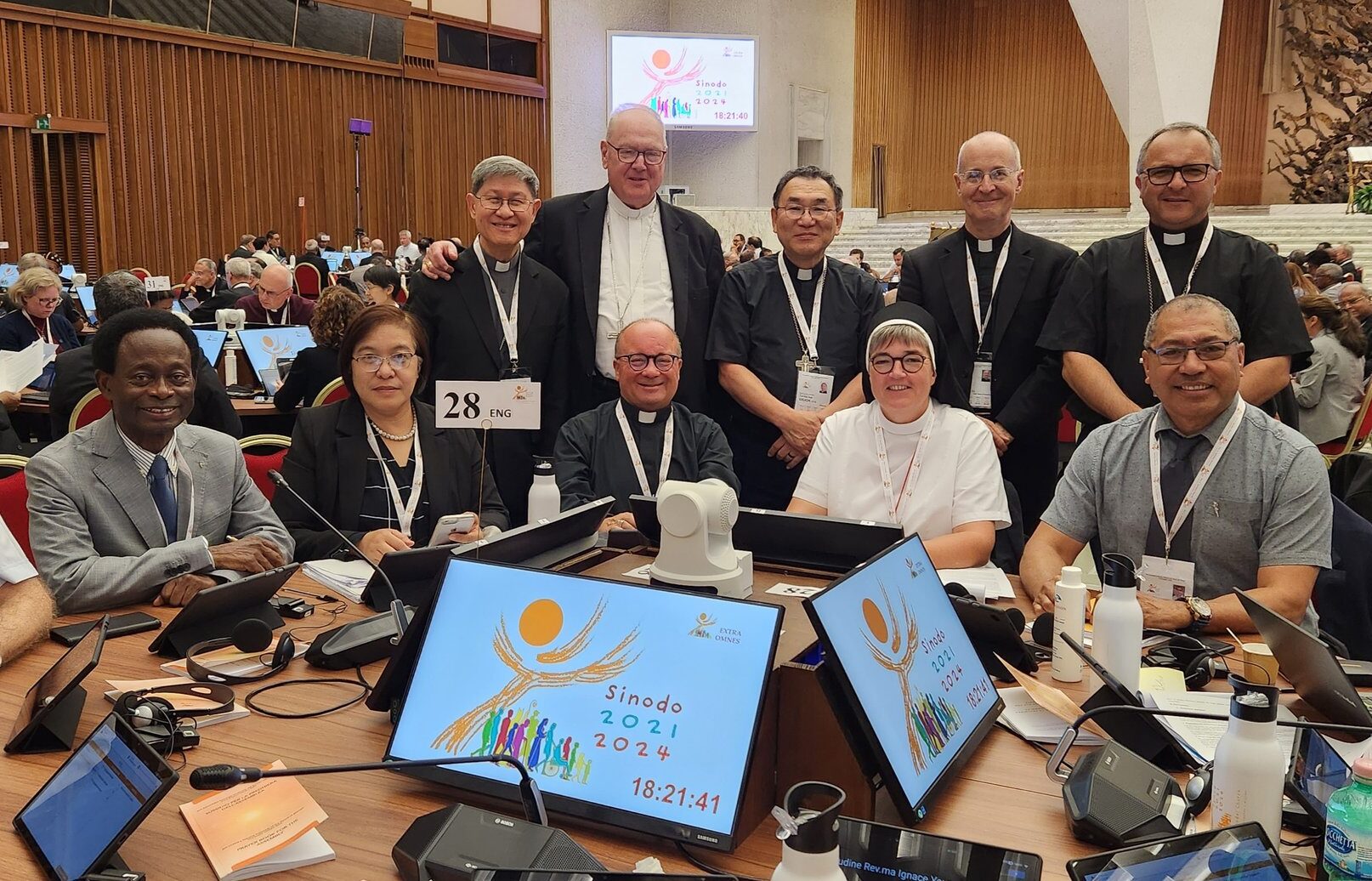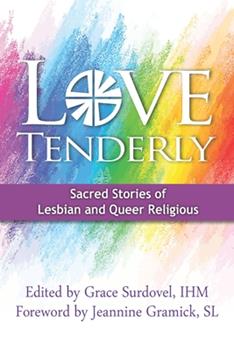As the first General Assembly of the Synod on Synodality comes to its conclusion, one critique of the proceedings has been the relative lack of transparency. Pope Francis called for journalists to exercise “an asceticism” and “a certain restraint of the public word” in their reporting.
While a feared imposition of the pontifical secret at the Synod did not occur, journalists—and the many Catholics their reporting serves—have been frustrated by the lack of information beyond the daily press briefings and the occasional violation of that asceticism by some Synod participants. Further, the question for historians and Catholics is not only about the need to know more now, but also how we will explore what was said, leading up to the final synthesis report.
As someone who has written about sin and the Catholic Church, I have great sympathy for the argument advocating ecclesial transparency. We know how much wrong has been done within the church when transparency (and its accompanying virtue, accountability) have been missing.
And as a scholar trying to figure out who said what and when, I’m also hoping there will be some form of record-keeping, in an anonymized form, of the conversations that have occurred in small groups over the past four weeks. (And I hope that all of the participants are keeping as detailed a diary as possible.)
I must confess: I’m quite happy that the assembly has not been televised, that we haven’t gotten a daily readout of exactly what was discussed.
But I must confess: I’m quite happy that the assembly has not been televised, that we haven’t gotten a daily readout of exactly what was discussed and that the General Assembly proved to be a more private event than, say, the proceedings of the Second Vatican Council. This is for three reasons, one of which is specifically related to the place and future of LGBTQ Catholics in our church.
First, I hope that this privacy has enabled richer conversations freed from the limits of instantaneous, public debate. This shows just how different this assembly is from so many other forms of shared decision-making in our world. Pope Francis has repeatedly called on us to not conflate synodality with parliamentary democracy, one aspect of which is public debate.
Such debates, especially in our media age, are often aimed not only at others in the room, but at supporters, opponents and donors outside of the room. And speakers are encouraged to have an immediate “hot take,” which often revert to a baseline or comfort zone, putting up barriers against hearing or accommodating another person’s position or experience.
The method of “spiritual conversation” in which the assembly participants have engaged, and in which many Catholics had the grace to participate leading up to this assembly, aims less at winning an argument and more at having a conversation. It is less focused on scoring points and more on having an experience.
That doesn’t mean real intellectual effort or argument is unnecessary for synodality, just as I recently argued that voting in a synod is necessary. But both need to be conducted differently, with a clear break in context and motives from other forms of debate that we’re more used to. Relative media silence has, I hope, allowed the participants to listen to each other without fear of exposure. I hope this silence has provided enough space to share the experiences of people whose stories Synod members are carrying to Rome, and enough space to listen attentively without having to think how they would explain this to the media.
Second, I think the relative privacy of the Synod may have been beneficial for us: Catholics around the world watching and waiting for its “results.” The silence had the potentially beneficial effect of slowing down our reception of the Synod. Imagine if each day had brought a new report about what Dr. X proposed in her discussion group, or about the speech that Cardinal Y gave in his. And then imagine the 24 hours of fevered, uninformed and often ideologically slanted response that would have ensued.
Catholics will be given the opportunity to receive those results with space for patience, careful reading and prayerful response.
Just as any “results” or documents are being crafted in relative quiet, and in an attempt to reach something like consensus about the tensions and complexity of our church, Catholics will be given the opportunity to receive those results with space for patience, careful reading and prayerful response. Such a response would be ill-served by receiving a synodally-crafted document in a non-synodal way.
Catholics are making a great act of trust in the members of this assembly to bring to their tables our joys and hopes, griefs and anxieties—and with wisdom, prudence and grace. But they will be making an act of trust in us, the wider church, to receive whatever they produce with similar wisdom and charity. The media silence will, I hope, allow us to hear their discernment and decision more clearly and lastingly.
Third, and finally, I think this pause is good in the long run for us LGBTQ Catholics, and for the quality of dialogue the church is having on sexuality and gender identity. Assembly participants needed this privacy to speak honestly about their own views on LGBTQ issues, with the space to listen to others.
I hope there has been space for delegates like Outreach editor James Martin, S.J., to share with skeptical attendees stories of LGBTQ hope and pain. I also hope that there has been space for delegates to hear the fears of skeptics and the parts of the church they represent. Maybe they will take their first halting, perhaps clumsy steps toward real encounter with LGBTQ Catholics and our lives. And we outside the assembly will need that space to receive whatever it says about LGBTQ people and the views of fellow Catholics.
To be very honest, I imagine those hoping for the greater acceptance of LGBTQ Catholics may be disappointed by the lack of some major, concrete changes from this assembly. But I also remain hopeful that the final document will demonstrate one small, yet important development—that we will have been heard at the highest levels in our LGBTQ identities, building the foundation for a longer-lasting acceptance within the church.
Assembly participants needed this privacy to speak honestly about their own views on LGBTQ issues, with the space to listen to others.
Does that make all of this perfect or beyond critique? Of course not. If I were in charge (and we should all be grateful I’m not), I perhaps would still like a bit more information. I would also like a clearer set of guidelines, comparable to the Chatham House rule, that would allow participants who choose to speak to the media a clearer sense of what “ascetic silence” entails. I think it’s going to be very important for Synod delegates to speak freely about their experiences to have a true dialogue with the People of God, receiving the results of their labors.
And crucially, I hope that this upcoming year of church-wide response to the first assembly will be pursued with as much care as the discussions inside the assembly, and with more vigor and intentionality. But fundamentally, as a gay Catholic, I’m comfortable in this synodal Advent to wait in hope for whatever the Holy Spirit says to the church at the conclusion of this month’s General Assembly, and as we continue forward in the coming year.



